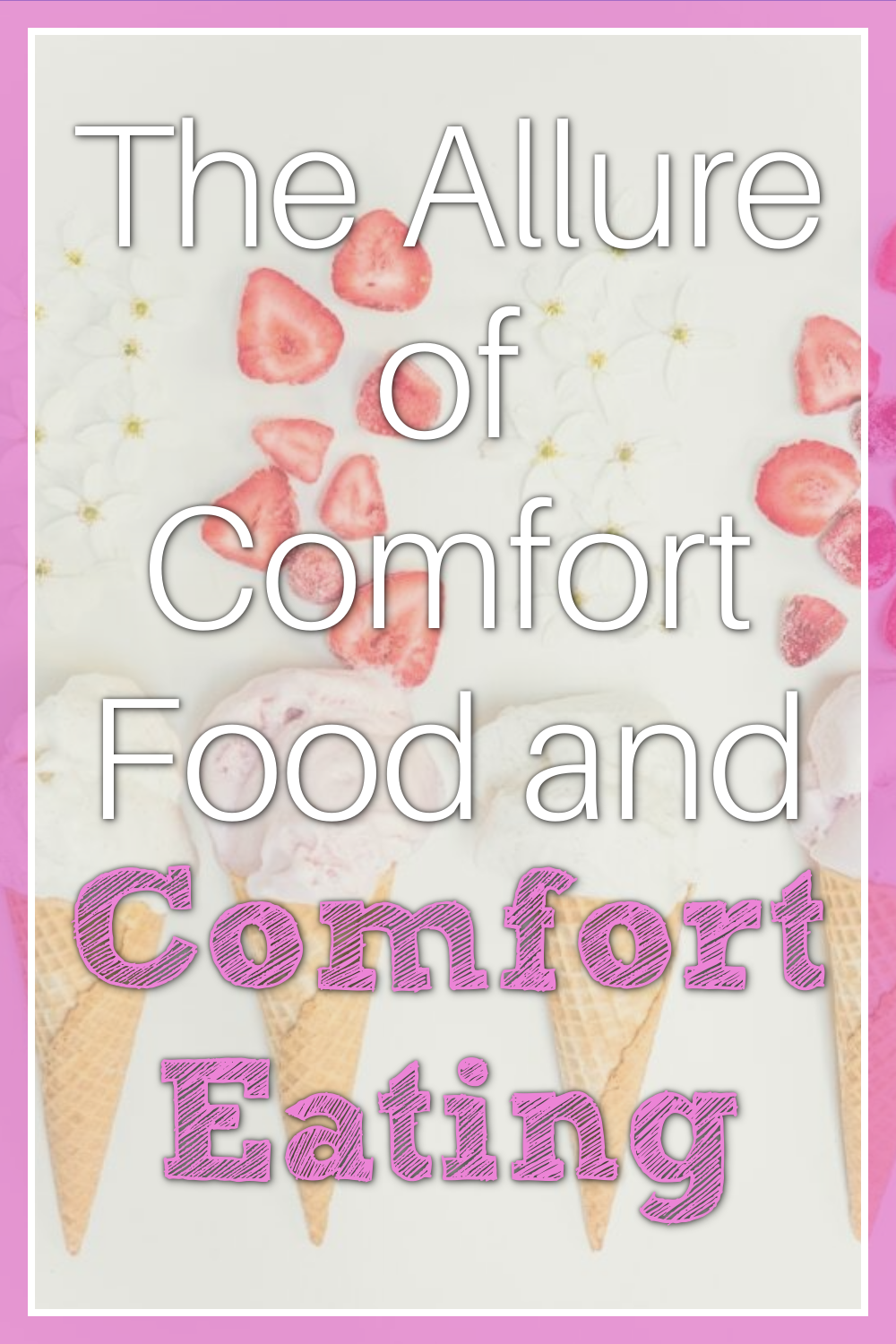The Allure of Comfort Food and Comfort Eating As we navigate through the ups and downs of daily life, many of us turn to comfort food as a source of solace. But while this habit may provide temporary relief, it can also lead to negative consequences for our physical and mental health.
As we navigate through the ups and downs of daily life, many of us turn to comfort food as a source of solace. But while this habit may provide temporary relief, it can also lead to negative consequences for our physical and mental health.
In this blog post, we’ll explore the allure of comfort food and comfort eating, look at how this ties into emotional eating, and offer some strategies for breaking the cycle.
The Allure of Comfort Food and Comfort Eating
So, why do we tend to reach for comfort food when we’re feeling stressed or overwhelmed? One answer lies in the way our brains are wired. Our ancestors were hardwired to crave high-calorie foods during times of scarcity, as these foods provided essential energy and nutrients for survival. While we no longer face the same level of food scarcity today, our brains still retain this instinct.
Comfort foods typically have a strong emotional association, and the act of consuming them can trigger feelings of safety and security. For example, your grandmother’s homemade cooking might transport you back to a happy childhood memory, making you feel more positive and relaxed. This emotional attachment can make it difficult to resist the temptation of comfort food, even if we know it’s not the healthiest choice.
You don’t have to allow an emotional attachment to food to stop you from reaching your weight loss goals though. There are ways to heal your relationship with food so that you stop comfort eating, don’t engage in emotional eating, and make it easy on yourself to lose weight. This is the work that I do with my coaching clients following my powerful steps to healing these types of challenges.
The Negative Effects of Comfort Eating
While comfort food may provide temporary relief from stress and anxiety, it can have negative long-term effects on our physical and mental health. Some of the potential risks include:
* Weight gain: Consuming high-calorie foods regularly can lead to weight gain, which increases the risk of developing obesity-related health problems like diabetes, heart disease, and certain types of cancer.
* Mood swings: The quick fix provided by comfort food can eventually lead to mood swings, as the effect wears off and we’re left feeling guilty or lethargic.
* Social isolation: Overeating can make us feel self-conscious and ashamed, leading to social isolation and a lack of motivation to change our habits.
Breaking the Cycle of Comfort Eating
Fortunately, there are several strategies that can help break the cycle of comfort eating and promote healthier habits. Here are some tips to consider:
1. Mindfulness: Practice mindfulness techniques such as meditation or deep breathing exercises to help manage stress and anxiety. This can reduce the need for emotional eating.
2. Identify triggers: Take note of the situations, emotions, or thoughts that trigger your desire for comfort food. Once you’re aware of these triggers, you can develop a plan to tackle them.
3. Make a meal plan: Plan your meals in advance to avoid relying on convenience foods or takeout. Consider incorporating more clean-eating cooking for clean-eating meals to improve your overall health.
4. Get enough sleep: Lack of sleep can increase cravings for unhealthy foods. Ensure you get at least 7 hours of sleep each night to regulate your appetite and metabolism. Eight to nine hours, even better.
5. Seek support: Share your struggles with a trusted friend or, if you want real results, then hire a professional weight loss coach. Hiring a professional coach is a highly valuable commitment you can make to yourself, offering you a way to gain objective feedback, coaching, and accountability to help you overcome comfort eating. These are the things a friend cannot give you because a friend or family member will always be afraid of hurting your feelings and therefore, won’t be able to tell you the truth you need in order to break free.
6. Gradual changes: Don’t try to change everything at once. Start by making small, gradual changes to your diet and exercise routine. This will make the transition smoother and more sustainable.
Who Else Want to Break Free?
Comfort eating can be a challenging habit to break, but with the right approach, it’s possible to cultivate healthier habits that promote well-being. By understanding the reasons behind our comfort eating habits, identifying triggers, and implementing strategies to overcome them, we can break the cycle and achieve a balanced lifestyle. Remember, small changes can add up to make a big difference in the long run!
If you want help to break free in the least amount of time possible, this is where coaching comes in. If you are serious about making a core change, to let comfort eating go, to break through emotional eating, and make weight loss possible and doable, then apply for a complimentary emotional eating breakthrough session now. Just click here to get started.
This is for you if you’re committed to real change in your eating and if it makes sense to you that you’ll need to change your mind to change your body. If you go to the root of your eating problems and heal the root, then you’ll be able to set yourself free to live a healthy lifestyle without self-sabotage. But don’t delay because the longer you wait the easier it is to stay in the groove of unhealthy living and unhealthy eating. Get started now by taking the first step and applying for a complimentary session.
Here’s to your success!





